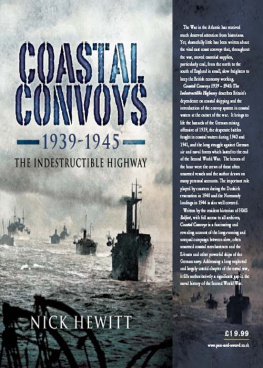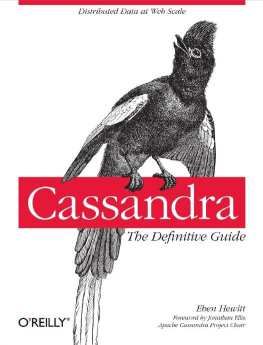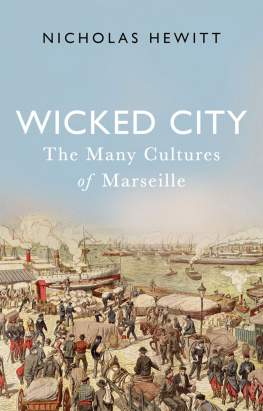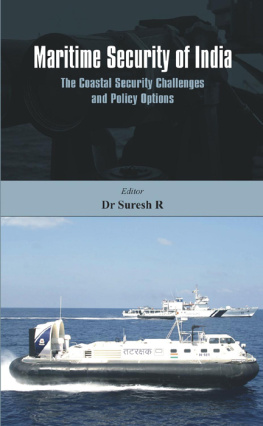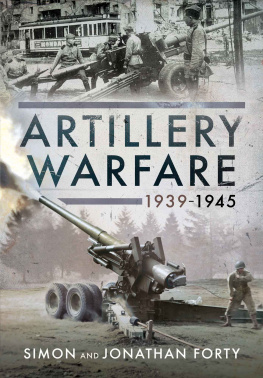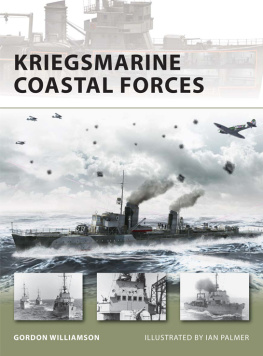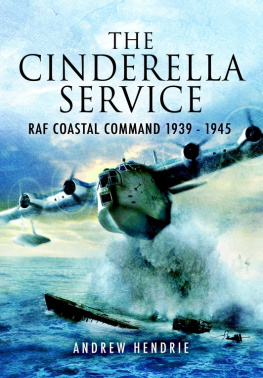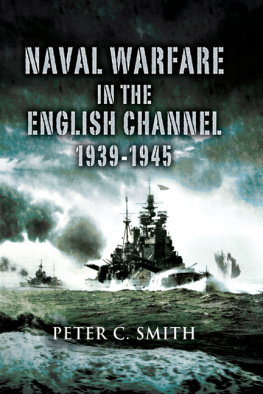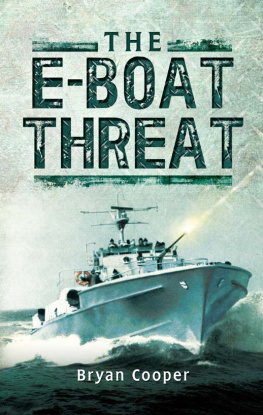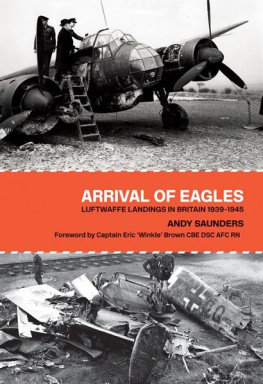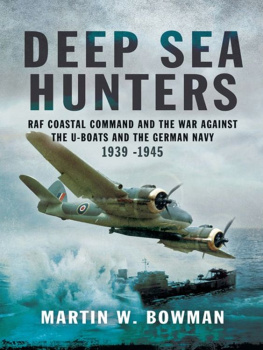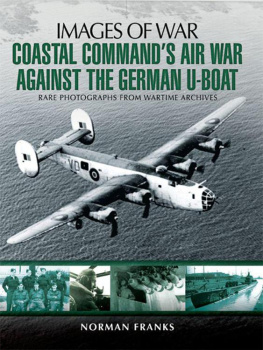

First published in Great Britain in England by
Pen & Sword Maritime
an imprint of
Pen & Sword Books Ltd
47 Church Street
Barnsley
South Yorkshire
S70 2AS
Copyright Nick Hewitt 2008
ISBN 978 1 84415 861 4
Digital Edition ISBN 978 1 84468 596 7
The right of Nick Hewitt to be identified as Author of this Work has
been asserted by him in accordance with the Copyright,
Designs and Patents Act 1988.
A CIP catalogue record for this book is available from the British Library
All rights reserved. No part of this book may be reproduced or transmitted in any form or by any means, electronic or mechanical including photocopying, recording or by any information storage and retrieval system, without permission from the Publisher in writing.
Typeset in Sabon by
Phoenix Typesetting, Auldgirth, Dumfriesshire
Printed and bound in England by
CPI UK
Pen & Sword Books Ltd incorporates the Imprints of Pen & Sword Aviation,
Pen & Sword Maritime, Pen & Sword Military, Wharncliffe Local History,
Pen & Sword Select, Pen & Sword Military Classics and Leo Cooper.
For a complete list of Pen & Sword titles please contact
PEN & SWORD BOOKS LIMITED
47 Church Street, Barnsley, South Yorkshire, S70 2AS, England
E-mail:
Website: www.pen-and-sword.co.uk
This book is dedicated to all those who served around
Britains coast during the Second World War.
Maps
F oreword
By Captain Richard Woodman
It is an extraordinary omission on the part of maritime historians of the Second World War that the coastal element of Britains fight for her seaborne supply lines has been ignored. The central element of this struggle has been dignified by its own, distinct name: the Battle of the Atlantic, but in truth it was only a third of the overall problem facing Britain as she geared up for the long fight with the German-led Axis.
Once a convoy had reached one of the major ports, its ships, arriving in a large number, all had to be discharged and then loaded with military supplies for campaigns being fought in the Western Desert, the Far East and elsewhere. They also had to carry a continuous stream of exported goods, just as in peacetime, to maintain an economy strained to the limit by the need to pay for war. The internal rail and road systems were incapable of handling the level of traffic required and coastal shipping, already a major carrier of cargoes, had to be mustered in convoys, organized and escorted. To the small- and medium-sized coasters were added deep-water merchant ships carrying cargoes consigned to the east coast ports of England and Scotland, and this task was made all the more difficult after the early occupation of France, the Low Countries, Denmark and Norway.
Coal in particular, required in the south of England to fuel power stations and domestic fires, was needed at a rate of 40,000 tons a week and the supply to the power stations of southern England meant that colliers had to traverse the English Channel, under attack from occupied France, while the main routes threading through the coastal shoals of Englands east coast, were easily interdicted by fast patrol boats armed with torpedoes, destroyers and aircraft, besides running terrible risks from mines. This backyard battle lacked the high profile of the struggle to secure ascendancy in the North Atlantic, employing as it did an unglamorous class of coasting merchantman. For the supporting Royal Navy it consisted of endless mine-sweeping, of patient attendance of large, slow-moving convoys of ageing ships, while all suffered the difficulties and dangers of navigating in shallow, tidal waters where the weather both gales and fog could make life miserable.
The first coastal convoy between the Thames and the Firth of Forth sailed on 6 September 1939, a day after the very first ocean convoy of the war, and the last attacks came shortly before the German surrender; they were an essential component of the absolutely vital network of supply routes by which victory was finally achieved.
In this splendid account Nick Hewitt places the elements that made up this dreary, excoriating war in their proper place in our history. The naval organization, the air cover and the military resources to protect the trade are all covered in his analysis, giving us a glimpse into the complexities of warfare and the difficulties of co-ordination, command and control. So too are the fighting elements of this story, of German air, surface, long-range artillery and towards the wars end submarine attacks on coastal convoys. But neither does he neglect the little colliers of the so-called Coal-Scuttle Brigade, the salt-caked and dirty coasters of Masefields famous phrase, or the obscure tenders of Trinity House which, like the Royal Navys minesweepers, played their important part in keeping these narrow sea lanes open. Nor does he neglect the authentic voice of the men who achieved all this, forgotten men whose voices have not been heard until culled from the archives of the Imperial War Museum and the National Archives.
Too often dismissed as a mere amorphous collection of freighters or coasters, the author gives these nondescript vessels of Britains once huge Merchant Navy, along with their hard-bitten crews, their rightful place amid the fighting services in the front line.
Richard Woodman.
Acknowledgements
In August 2006 I was interviewed about the Channel Convoys for the BBC television series Coast. As a historian of the Second World War at sea I was aware of their existence, but I had never really given much thought to what it was like to take those battered little ships up and down the war channel twice a week. In preparing for Coast it soon became clear that precious few authors had either, and so this book was born.
I am particularly grateful for the support I have received from friends and colleagues at the Imperial War Museum, notably Brad King, the Director of HMS Belfast, for his enthusiasm and encouragement. Material from the incomparable IWM collections forms much of the content of this book, and I am grateful to Rod Suddaby, Tony Richards and Simon Offord in the Department of Documents; everyone in the Department of Printed Books; Margaret Brooks and Richard McDonagh of the Sound Archive; Hilary Roberts, Glyn Biesty and all of Team Digital in the Photograph Archive; and Jenny Wood and Pauline Allwright in the Department of Art. Experiencing the IWM as a user was a privilege, and made me all the more grateful for the expertise and commitment to public service found across the Museum, and in the Collections Division in particular.
The service provided by the National Archives was, as always, outstanding, even at a time of extensive refurbishment, and all authors should give thanks that this immense and user-friendly treasure trove exists.
Particular thanks are due to Henry Wilson and all at Pen and Sword for taking a chance with a first-time author, and Peter Hart, a friend and a fine historian, without whose advice my original proposal might never have got as far as Henrys desk.
As the book progressed I discovered that precious few others did not mean no one at all. One book in particular deserves special mention: Julian Foynes extraordinary self-published study, The Battle of the East Coast. My own book takes a different, and I hope complementary, approach to Julians, but his rigorously researched work was always helpful. I am grateful to Julian for permission to quote where required.
Next page
